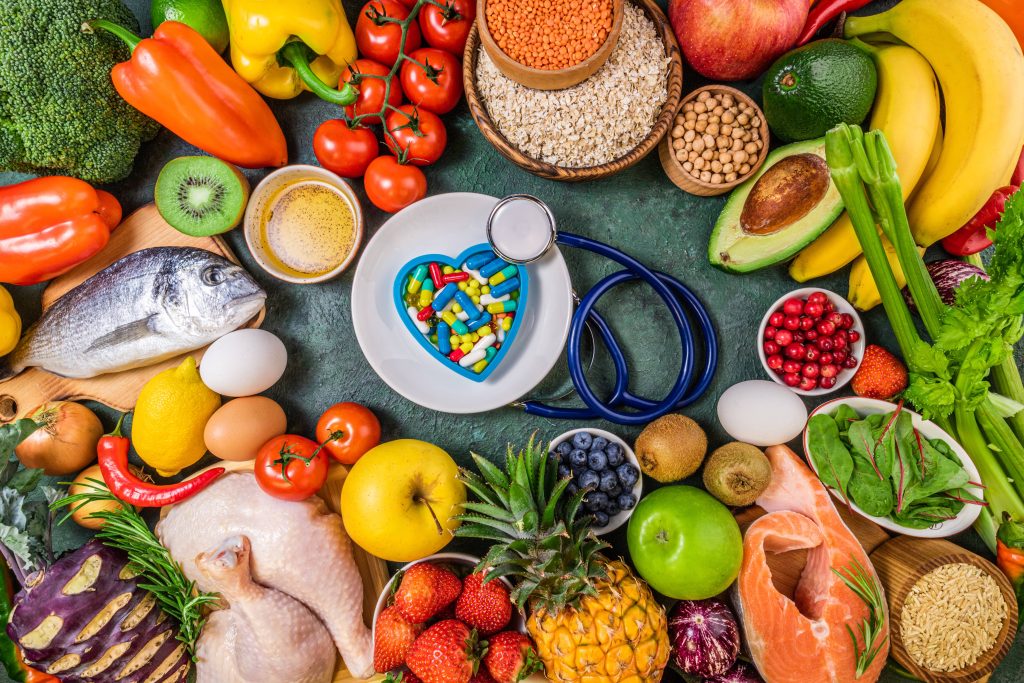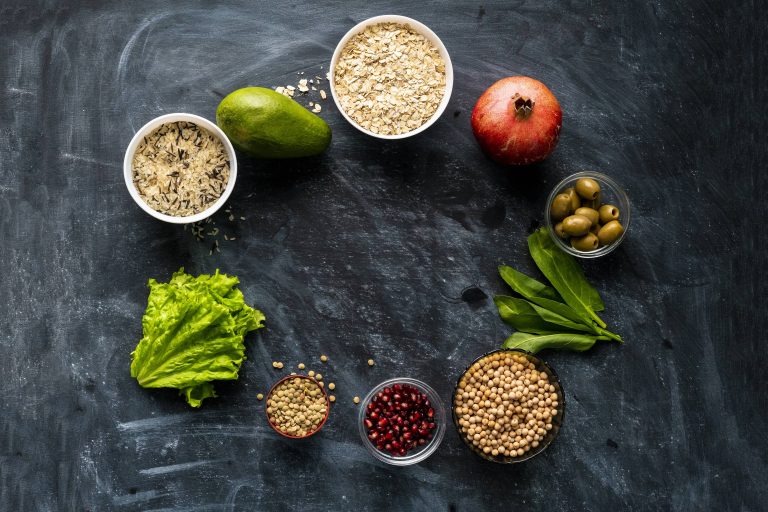
In today’s fast-paced world, many individuals are seeking quick and effective ways to shed those extra pounds. While there is no magic bullet for weight loss, certain diets have proven to be more effective than others in promoting rapid weight loss. This blog post will explore some of the most effective diets for quick weight loss, providing insights into how they work and tips for success.
Understanding Quick Weight Loss
Before diving into specific diets, it’s important to understand what quick weight loss entails. Quick weight loss typically refers to losing more than the standard 1-2 pounds per week. While this can be achieved through various methods, it’s crucial to approach it safely and sustainably to avoid negative health impacts.
The Ketogenic Diet
The ketogenic diet, or keto diet, is a high-fat, low-carbohydrate diet that has gained popularity for its ability to promote rapid weight loss. By drastically reducing carbohydrate intake and replacing it with fat, the body enters a state of ketosis. In ketosis, the body becomes incredibly efficient at burning fat for energy.
How It Works:
– Carbohydrate Restriction: By limiting carbs to about 20-50 grams per day, the body is forced to use fat as its primary energy source.
– Increased Fat Intake: Consuming high amounts of healthy fats helps maintain energy levels and satiety.
– Protein Moderation: Adequate protein intake is essential to preserve muscle mass during weight loss.
Tips for Success:
– Monitor your macronutrient intake to ensure you’re staying within the recommended ranges.
– Stay hydrated and consider electrolyte supplements to avoid the “keto flu.”
– Incorporate a variety of healthy fats, such as avocados, nuts, and olive oil.
The Intermittent Fasting Diet
Intermittent fasting (IF) is an eating pattern that cycles between periods of fasting and eating. It doesn’t specify which foods to eat but rather when to eat them. This approach can lead to quick weight loss by reducing calorie intake and improving metabolic health.
How It Works:
– Fasting Periods: Common methods include the 16/8 method (16 hours of fasting, 8 hours of eating) and the 5:2 method (eating normally for 5 days, restricting calories to 500-600 for 2 days).
– Caloric Deficit: By limiting the eating window, individuals often consume fewer calories, leading to weight loss.
– Hormonal Benefits: Fasting can improve insulin sensitivity and increase growth hormone levels, aiding fat loss.
Tips for Success:
– Start with shorter fasting periods and gradually increase as your body adapts.
– Stay hydrated and consume non-caloric beverages during fasting periods.
– Focus on nutrient-dense foods during eating windows to ensure adequate nutrition.
The Low-Carb Diet
Similar to the ketogenic diet, a low-carb diet focuses on reducing carbohydrate intake to promote weight loss. However, it allows for a higher intake of protein and moderate fat, making it more flexible for some individuals.
How It Works:
– Reduced Carbohydrates: Limiting carbs to around 50-150 grams per day helps the body burn fat for fuel.
– Increased Protein: Higher protein intake supports muscle maintenance and satiety.
– Moderate Fat: Healthy fats are included to provide energy and flavor.
Tips for Success:
– Choose whole, unprocessed foods to maximize nutrient intake.
– Plan meals ahead to avoid high-carb temptations.
– Incorporate regular physical activity to enhance weight loss results.
The Paleo Diet
The paleo diet, also known as the “caveman diet,” focuses on consuming foods that were available to our ancestors. It emphasizes whole, unprocessed foods and eliminates grains, legumes, and dairy.
How It Works:
– Whole Foods Focus: By eating lean meats, fish, fruits, vegetables, nuts, and seeds, the diet is naturally low in calories and high in nutrients.
– Elimination of Processed Foods: Removing processed foods reduces calorie intake and improves overall health.
– High Protein and Fiber: These components help increase satiety and reduce overall calorie consumption.
Tips for Success:
– Experiment with paleo-friendly recipes to keep meals interesting.
– Focus on variety to ensure a balanced intake of nutrients.
– Be mindful of portion sizes, especially with high-calorie foods like nuts and seeds.
The Vegan Diet
A vegan diet eliminates all animal products and focuses on plant-based foods. While it may require more planning, it can be effective for quick weight loss due to its high fiber content and low-calorie density.
How It Works:
– Plant-Based Foods: Emphasizing fruits, vegetables, whole grains, and legumes provides essential nutrients and fiber.
– Low-Calorie Density: Plant-based foods are often lower in calories, allowing for larger portions without excess calorie intake.
– Improved Digestion: High fiber intake supports digestive health and can aid in weight loss.
Tips for Success:
– Ensure adequate protein intake through sources like beans, lentils, and tofu.
– Supplement with vitamin B12 and other nutrients that may be lacking in a vegan diet.
– Plan meals to include a variety of colors and textures for balanced nutrition.
Conclusion
While these diets can be effective for quick weight loss, it’s important to choose one that aligns with your lifestyle and preferences. Remember that sustainable weight loss involves making long-term changes to your eating habits and physical activity levels. Always consult with a healthcare professional before starting any new diet, especially if you have underlying health conditions. With the right approach and mindset, you can achieve your weight loss goals and improve your overall health.










